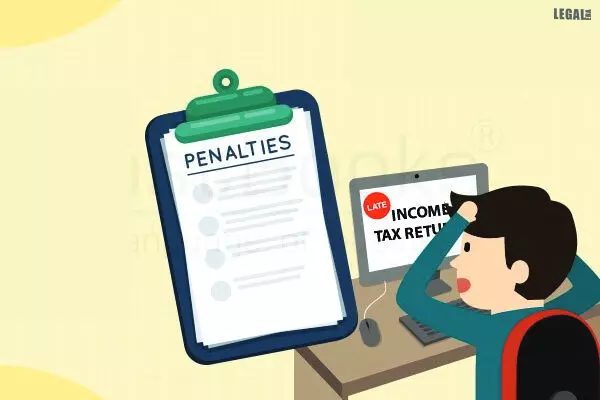- Home
- News
- Articles+
- Aerospace
- Artificial Intelligence
- Agriculture
- Alternate Dispute Resolution
- Arbitration & Mediation
- Banking and Finance
- Bankruptcy
- Book Review
- Bribery & Corruption
- Commercial Litigation
- Competition Law
- Conference Reports
- Consumer Products
- Contract
- Corporate Governance
- Corporate Law
- Covid-19
- Cryptocurrency
- Cybersecurity
- Data Protection
- Defence
- Digital Economy
- E-commerce
- Employment Law
- Energy and Natural Resources
- Entertainment and Sports Law
- Environmental Law
- Environmental, Social, and Governance
- Foreign Direct Investment
- Food and Beverage
- Gaming
- Health Care
- IBC Diaries
- In Focus
- Inclusion & Diversity
- Insurance Law
- Intellectual Property
- International Law
- IP & Tech Era
- Know the Law
- Labour Laws
- Law & Policy and Regulation
- Litigation
- Litigation Funding
- Manufacturing
- Mergers & Acquisitions
- NFTs
- Privacy
- Private Equity
- Project Finance
- Real Estate
- Risk and Compliance
- Student Corner
- Take On Board
- Tax
- Technology Media and Telecom
- Tributes
- Viewpoint
- Zoom In
- Law Firms
- In-House
- Rankings
- E-Magazine
- Legal Era TV
- Events
- Middle East
- Africa
- News
- Articles
- Aerospace
- Artificial Intelligence
- Agriculture
- Alternate Dispute Resolution
- Arbitration & Mediation
- Banking and Finance
- Bankruptcy
- Book Review
- Bribery & Corruption
- Commercial Litigation
- Competition Law
- Conference Reports
- Consumer Products
- Contract
- Corporate Governance
- Corporate Law
- Covid-19
- Cryptocurrency
- Cybersecurity
- Data Protection
- Defence
- Digital Economy
- E-commerce
- Employment Law
- Energy and Natural Resources
- Entertainment and Sports Law
- Environmental Law
- Environmental, Social, and Governance
- Foreign Direct Investment
- Food and Beverage
- Gaming
- Health Care
- IBC Diaries
- In Focus
- Inclusion & Diversity
- Insurance Law
- Intellectual Property
- International Law
- IP & Tech Era
- Know the Law
- Labour Laws
- Law & Policy and Regulation
- Litigation
- Litigation Funding
- Manufacturing
- Mergers & Acquisitions
- NFTs
- Privacy
- Private Equity
- Project Finance
- Real Estate
- Risk and Compliance
- Student Corner
- Take On Board
- Tax
- Technology Media and Telecom
- Tributes
- Viewpoint
- Zoom In
- Law Firms
- In-House
- Rankings
- E-Magazine
- Legal Era TV
- Events
- Middle East
- Africa
ITAT quashes income tax penalty
The assessee had pleaded that employees were unaware of notices issued electronically during the initial phase of the online approach
The Mumbai Bench of the Income Tax Appellate Tribunal (ITAT) has rejected a penalty order under the Income Tax Act, 1961. The tribunal held that the mistake appeared to be bona fide, as 2019 was the introductory year of the shift towards the digital and electronic medium.
The issue arose when the first appellate authority rejected the explanation furnished by the assessee-company for non-compliance with the notice issued under the IT Act. It was done only because the assessee had not stated the reasonable cause during the penalty proceedings.
The assessee pleaded before the tribunal that it happened in 2019, which was the first year of the online interface. The employees of the company were unaware that notices were being issued to them electronically. They realized only after the order levying penalty of Rs.10,000 under the IT Act was served to the company.
A bench comprising ITAT President GS Pannu and Judicial Member Vikas Awasthy held, "We are not in agreement with the findings of the Commissioner of Income Tax (Appeals). The explanations furnished by the assessee before the CIT(A) and the tribunal are consistent. We are satisfied that nonappearance of the assessee in response to the initial notice was not deliberate."
It further ruled, "In our view, the penalty levied under the IT Act is unsustainable. The assessing officer is, therefore, directed to delete the penalty."




